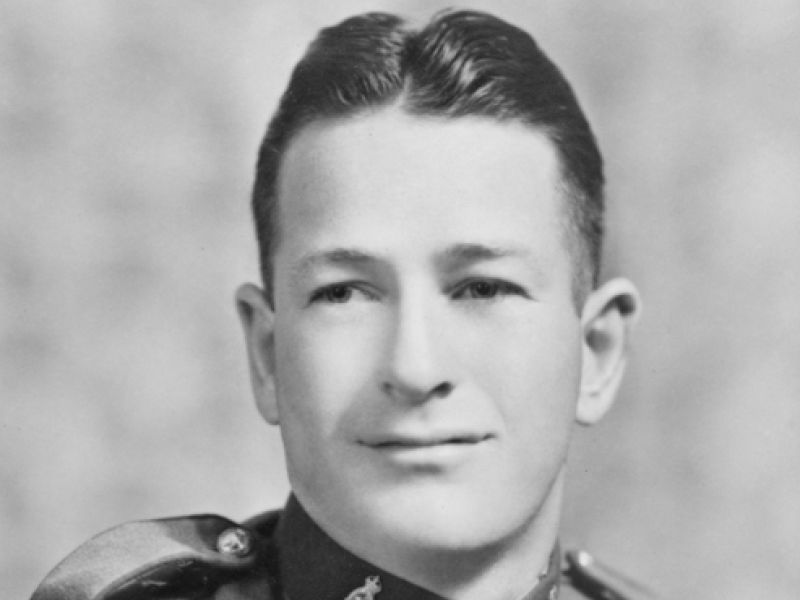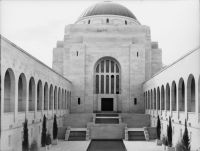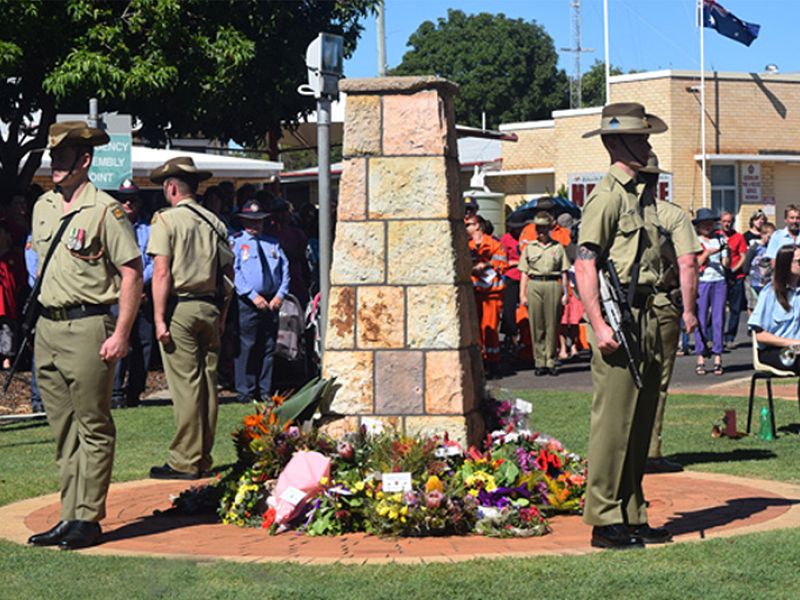Trooper George David Burns, 6th Division Cavalry Regiment
George Burns was born on 2 January 1916, the son of Robert and Jane Burns of Wondai, Queensland. His father worked as a farmer in the district until poor health caused him to lose everything– but he recovered, and by the time George was a small boy his father was a representative on the Wondai Council. George grew up in Wondai and was educated locally, going on to work as a farm labourer in the district.
George Burns enlisted in the 2nd Australian Imperial Force soon after the outbreak of war in 1939. He left Australia for active service overseas in January 1940. Arriving in Egypt, Burns was quickly sent on to Palestine where his regiment, the 6th Australian Division Cavalry Regiment, began training with tanks.
At the end of 1940, Burns’s regiment moved into the Western Desert, where it joined British forces in preparation for a major offensive. Two days after the offensive began in early December, the 6th Division Cavalry Regiment went into action against Italian forces at Garn el Grein and Fort Maddalina, becoming the first Australian army unit to go into action during the Second World War.
On Boxing Day, George Burns sat down to write a letter to his parents. Days later, his unit was called on to help capture Bardia, a small coastal town just inside the Libyan border. Under a heavy artillery barrage, the tanks pushed forward into the Italian stronghold, which was captured in two days.
The battle for Bardia cost 130 Australian lives, with another 326 wounded. One of those killed was Trooper George David Burns, killed in action on the first day of the battle, 3 January 1941. His manner of death is unknown, although there are suggestions it was the result of Italian artillery fire.
Shortly after receiving the telegram to notify them of their son’s death, Robert and Jane Burns received his last letter in the mail, written from the front line on Boxing Day 1940.
George Burns was buried near where he fell, and was later reinterred in the Knightsbridge War Cemetery at Acroma near the Libyan coast, where his remains lie under the epitaph written by his grieving parents, “Our son. That your sacrifice may not be in vain.” He was 25 years old.

 Australian War Memorial
Australian War Memorial